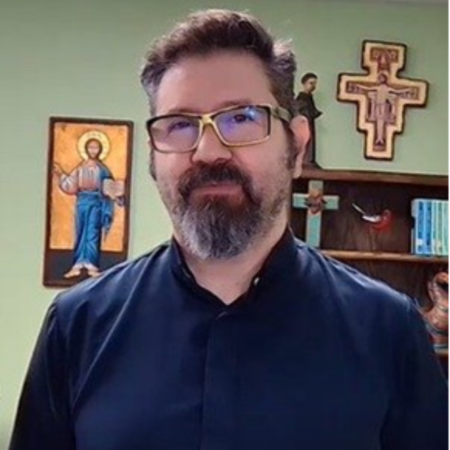The disciples locked in after abandoning the Lord.
They know deep inside that they betrayed, ran away, and are still afraid: what is less trustworthy than that disbanded little group? And yet Jesus comes to them.
Not from far or above, not on the fringes, but, the Gospel says, in their midst. And he says Peace be with you; This is not a wish or a promise, but an affirmation: peace it is, peace here comes from God. It is peace over your fears, over your guilt, over your unattained dreams, over the dissatisfactions that discolor your days. Someone, however, is not there, Thomas the Brave.
Eight days later, they still had no courage to go out. Jesus returns, in the most profound respect: instead of rebuking them, he makes himself available to their hands. Thomas had not been satisfied with the words of the other ten; not a story did he need, but an encounter with his Lord. Jesus meets Thomas’ unbelief: Put your finger here; stretch out your hand and place it in my side. The resurrection did not close the nail holes, those wounds are the glory of God, the highest point of love, and they will remain eternally open.
Faith carries the risk of being happy. A life indeed not easier but fuller and more vibrant. Wounded, yes, but bright. That’s how the Gospel ends, and our discipleship begins: with the risk of being happy, carrying our wounds of light.

